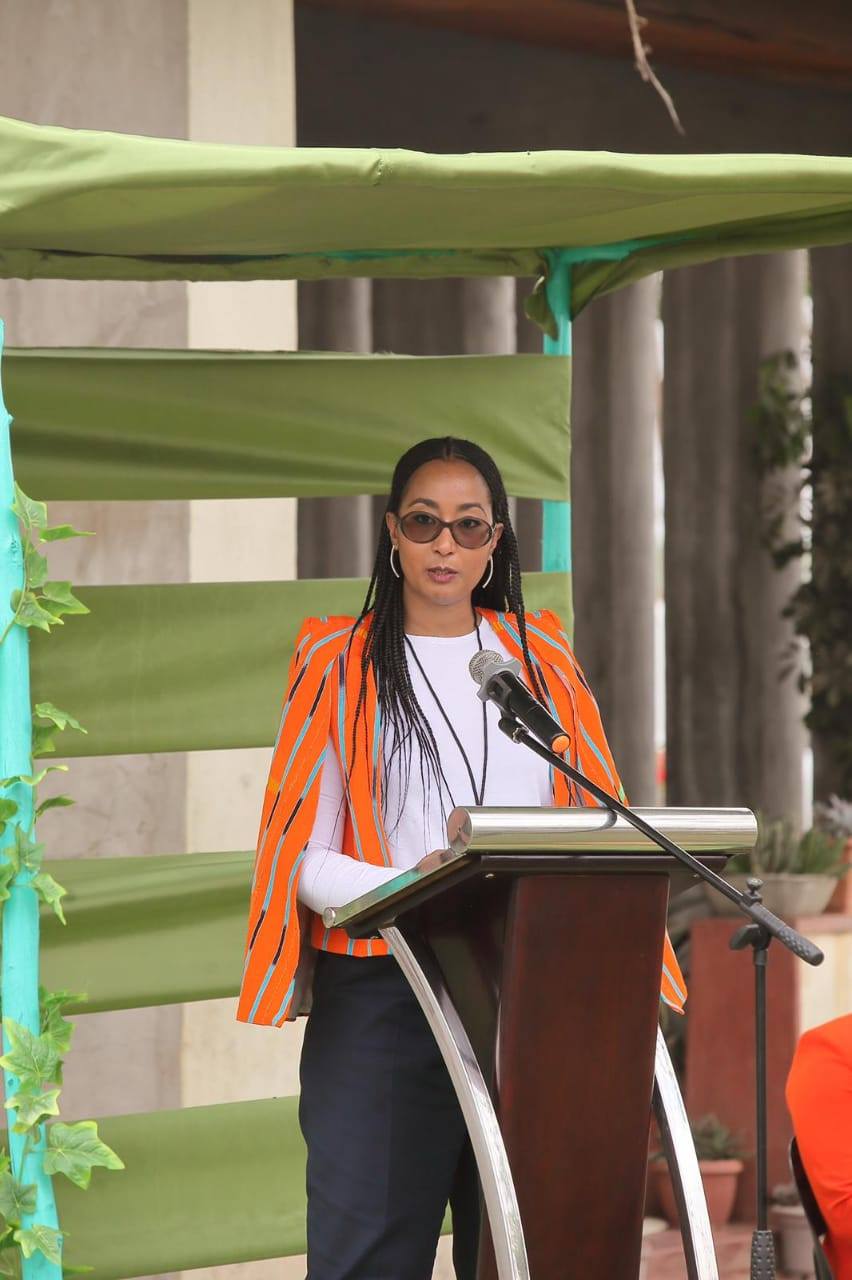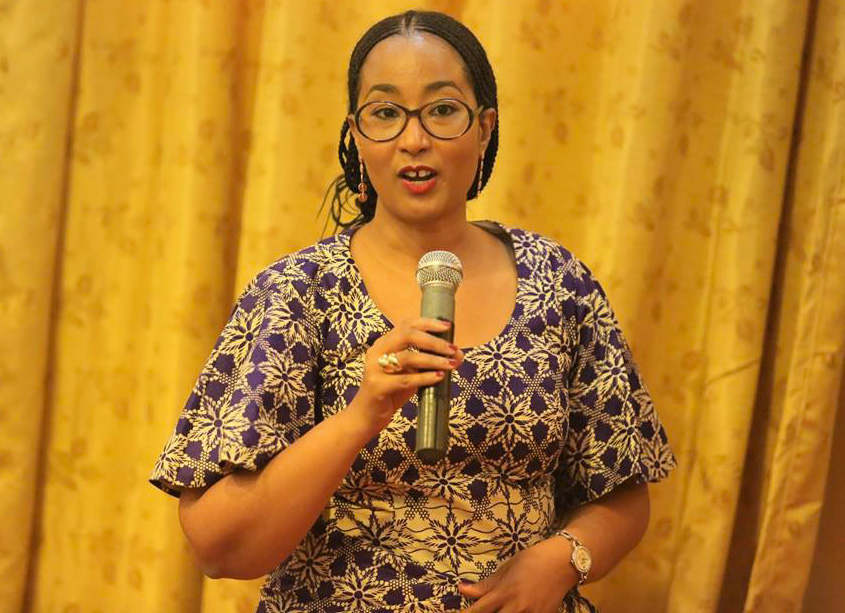Originally from Niger, Fati N’Zi-Hassane announced on 4 November on her social networks that she has taken up her position as Africa Director of Oxfam International, a global movement of people fighting against inequality to end poverty and injustice.
“I am delighted to be joining this great feminist and decolonial organisation, committed to the fight against all inequalities. One of my priorities will be to bring the voice of Africa within the Oxfam Confederation and beyond,” said Fati N’Zi-Hassane.
In West Africa in particular, Oxfam works directly with over 1.6 million people, mostly women, through hundreds of local and regional partners.
Prior to her appointment, Fati N’Zi-Hassane worked in Midrand, South Africa, in the Planning and Coordination Agency of the New Partnership for Africa’s Development (NEPAD), where she started in January 2016 as the Chief of Staff to the NEPAD CEO, Dr Ibrahim Mayaki, a position she held until January 2019.

From July 2016 to July 2019, in addition to her role as Chief of Staff to the NEPAD CEO, Fati N’Zi-Hassane took on an additional role to lead the Skills and Employment for Youth program. In this capacity, she set up the Skills for Africa initiative, with a €35 million funding mechanism for the construction of training centres in eight African countries. It also launched the “ATVET for Women” initiative, which trained civil servants, managers, trainers and students in six African countries.
Human and institutional development
In August 2019, Fati N’Zi-Hassane took over as head of the newly created Human and Institutional Development Division, which includes the Skills Development and Employment, Nutrition, Health, Education and Gender units. In this position, she was responsible for leading the development and implementation of relevant projects, interventions and tools to assist the governments of the 55 African Union member states to leverage their human capital for inclusive development. To this end, Fati N’Zi-Hassane led the programme’s strategic development, multi-million dollar budget management and recruitment. In addition, she maintained relationships with African government leaders, development finance institutions (DFIs), development partners and the private sector. Fati N’Zi-Hassane has also overseen the successful mobilisation of major programmes, including the Skills for Africa initiative, the 100,000 SMEs initiative, the Harmonisation of Medicines Regulation in Africa initiative and has guided African governments through the Home Grown school feeding programme.
As Head of the Human and Institutional Development Division of NEPAD, Fati N’Zi-Hassane was co-chair (with Tadashi Sato, Vice President of the Japan International Cooperation Agency) of the Food and Nutrition Security Initiative in Africa. She also oversaw the secretariat of the African Skills Initiative, the secretariat of the African Panel for Emerging Technologies and the secretariat of the African Drug Regulatory Harmonisation Initiative.

Career in France
Fati N’Zi-Hassane started her career in 2006 at Accenture, France, where she moved from analyst to senior consultant, management and organisation. In this role, she implemented a Sarbanes-Oxley compliance system for the 40 entities of the French subsidiary of an insurance company; reorganised and implemented an investment process for a large retail company, improving budget execution by 17%; and implemented a new business model for the 14 contact centers of a large banking group.
Fati N’Zi-Hassane also worked as program manager at Comutitres, an economic interest grouping (EIG) created in 2000 to pool the management of transport tickets shared by companies operating in the Île-de-France region, such as the Régie autonome des transports parisiens (RATP) and the Société nationale des chemins de fer français (SNCF). In this position, Fati N’Zi-Hassane coordinated the migration of 100 million euros of monthly bank withdrawals from the French standards and system to the European SEPA system, while reducing the error rate from 3.5% to 2.5%, the coordination of the launch of an online sales channel for annual transport cards as well as the coordination of the launch of a new transport card, using NFC (near-field communication) technology, a short-range, high-frequency wireless communication technology that allows the exchange of information between devices up to a distance of about 10 cm in the general case.

Fati N’Zi-Hassane holds an engineering degree from the National School of Statistics and Applied Economics in Abidjan, and an MBA from the Ecole Supérieure des Sciences Economiques et Commerciales (ESSEC) in France, where she was also an assistant to Professor Bourguignon (Interdisciplinary Approaches to Management) and Professor Thiétart (Management). She also holds a Diploma of General University Studies (DEUG) in Economics and Management from the University of Niamey.



